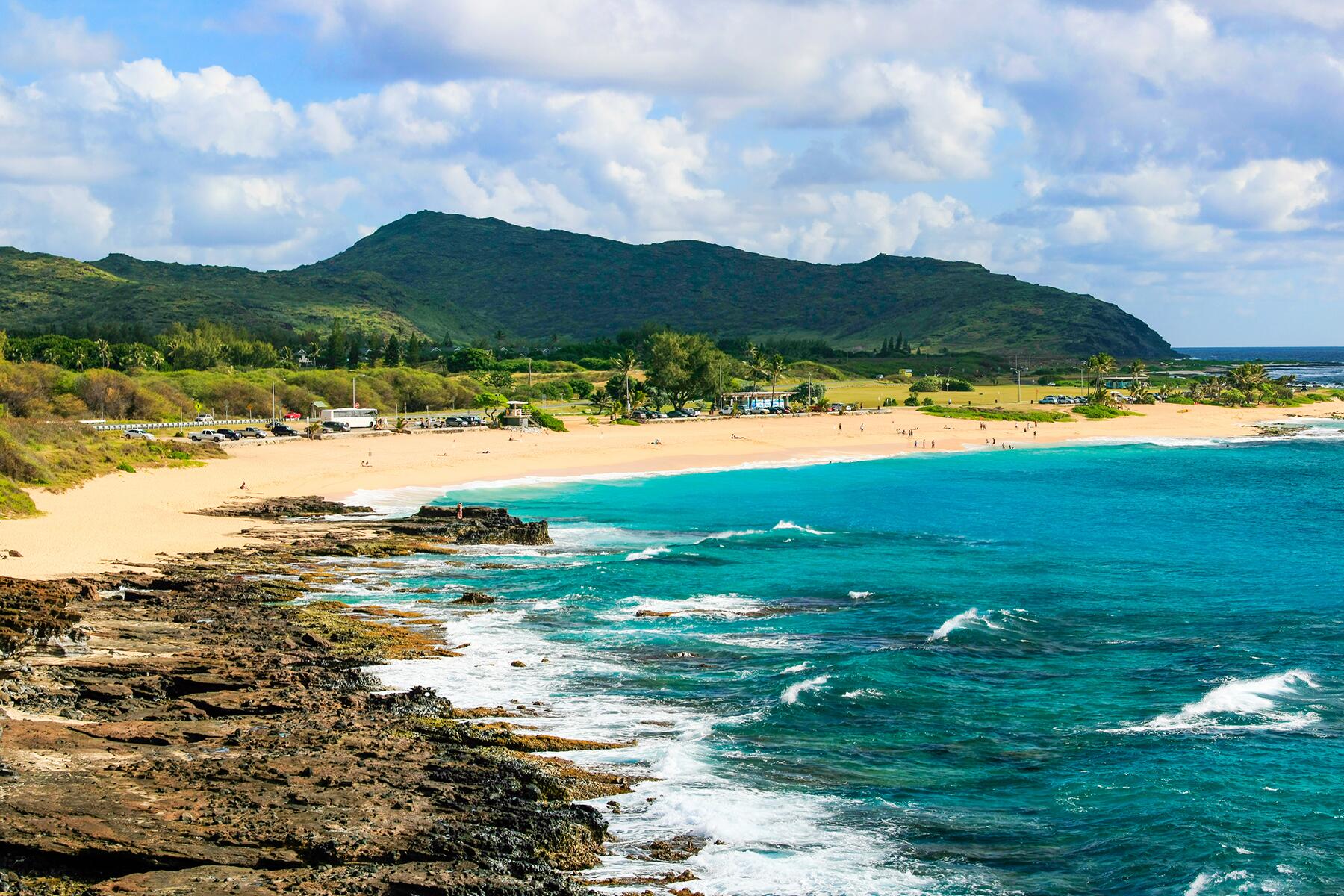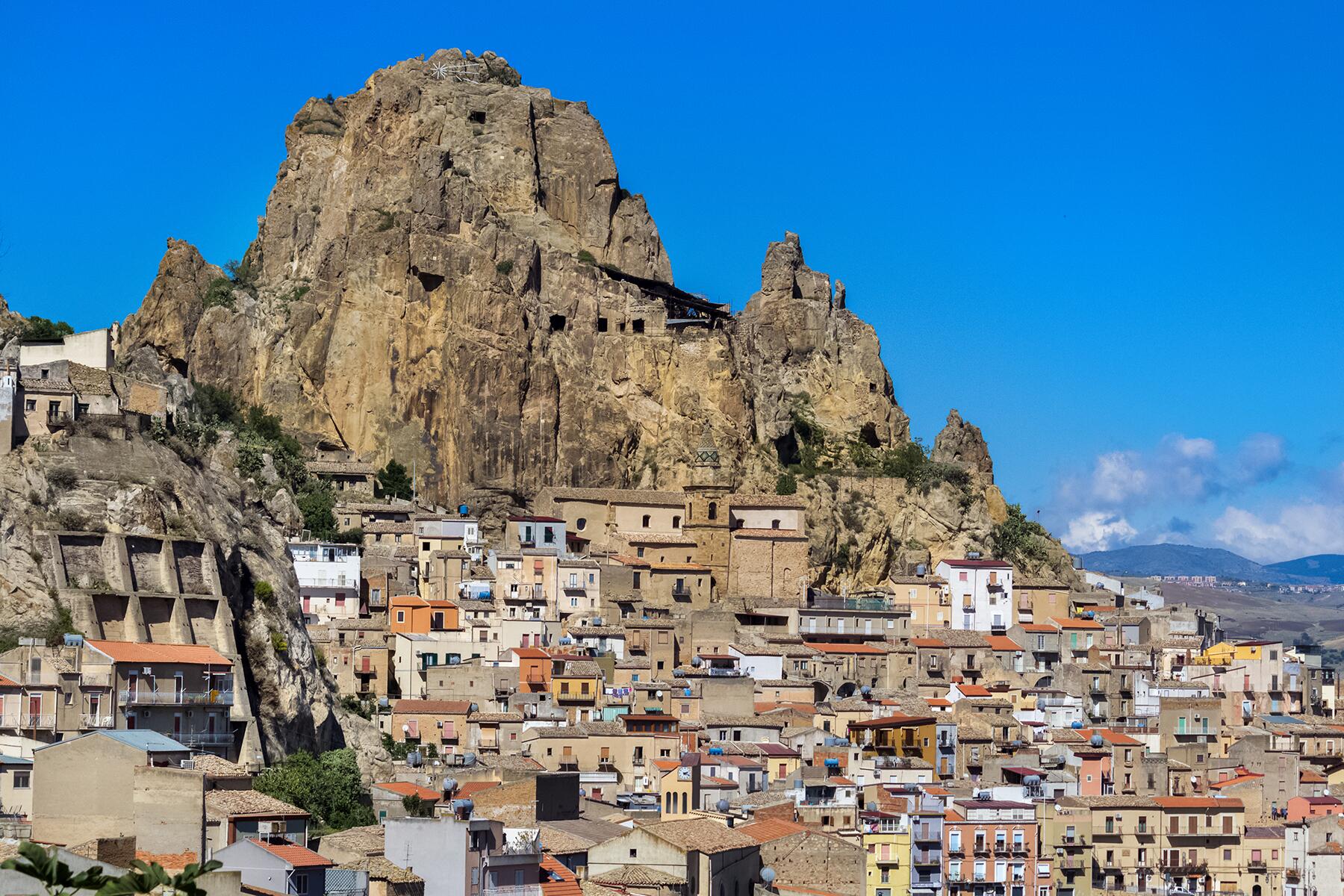How much can you make by moving abroad? Or is it all just marketing hype?
Move to a stunning country and get paid? It sounds too good to be true, right? Several countries are looking to reinvigorate regions with flagging populations by paying new residents in various forms—often in the form of reimbursements for building improvements—to live there.
But which countries are offering the schemes? And how much money are we talking, exactly? We’ve rounded up several of the top contenders, with some notes on what exactly the programs are designed to provide, and what the primary stumbling blocks might be for new applicants (spoiler alert: most of them don’t include residency visas).
Ireland
Ireland, through the Our Living Islands initiative, aims to reinvigorate the populations of some scenic western islands by spurring economic development in the form of diversifying economies and attracting new populations. One of the islands, Inis Mór, recently served as a film location for the Oscar-nominated The Banshees of Inisherin.
The scheme provides grants of up to $92,000 to refurbish properties on the islands that have been designated derelict. There are also a couple catches. English is generally spoken in the west of Ireland, but the primary everyday language on many of the islands is Gaelic (and many of the road signs are only in Gaelic, which many local residents will quip is irrelevant, as they’re not accurate to begin with). The scheme also allows foreigners to own and develop the land, but does not provide rights to employment or residency in Ireland—that has to be gotten separately.
Chile
With one of South America’s most stable economies, Chile is also seeking entrepreneurs. StartUp Chile offers programs that input equity-free investment for startup businesses (choose from three levels based on the scope, size, and phase of the startup). The application process is similar to any other venture capital investment, but the program also offers assistance in securing the necessary residency visas once applicants have been approved for investment.
Recommended Fodor’s Video
Italy
Italy is well-known for towns offering monetary incentives for new residents. Most of the towns are smaller, with declining populations, and in remote areas of the country where residents have moved to larger cities to seek work. The details vary by town, but the incentives typically require that new residents officially establish primary residency in the town (it’s a formality typically done at the town hall), refurbish a pre-1991 property (this generally costs tens of thousands of euros, at a minimum), and have a job paying a modest salary.
Another variation of this scheme is the sale of homes to new residents for an absurdly low price, typically one euro. The catch is that there’s a deposit requirement to ensure that the required renovations—a stipulation of the low purchase price—are completed. The schemes are typically well-publicized, so many of the homes sell quickly, but there’s usually another town with similar offers once the existing inventory is sold out. Like the Irish program, the right to live and work in Italy is not part of the deal.
Related: Forget About Italy’s $1 Homes. These Houses Are a Way Better Deal
Read the Fine Print
Several cities around the world, including those in Denmark, Switzerland, and New Zealand, received significant media attention after announcing schemes that would attract new residents with financial incentives. However, there were significant details in the fine print that would have quickly disqualified most applicants—generally, a requirement that recipients of incentives already have the right to live and work in the countries they were planning to move to. In many cases, media outlets worldwide covered the schemes as though residency requirements were a non-issue.
The Swiss village of Albinen offers up to $25,000 to new residents under the age of 45 who promise to stay for ten years. However, only Swiss citizens or others with the right of abode in Switzerland (which is famously difficult to acquire—even E.U. citizens must have five to ten continuous years of residence in Switzerland to apply for the necessary Swiss residence permit) will qualify for the program.
In New Zealand, it was reported in 2016 that the town of Kaitangata would pay up to $165,000 to residents who would move there. However, this was a misnomer, as the figure reported was the amount of estimated savings on the sale of home packages for which the town had offered incentives. Like the other schemes, there was also no provision for residency for foreigners—applicants would have to qualify to emigrate to New Zealand on their own.
Related: 1 Euro Houses Have Turned These 10 Italian Villages Into Popular Hotspots





